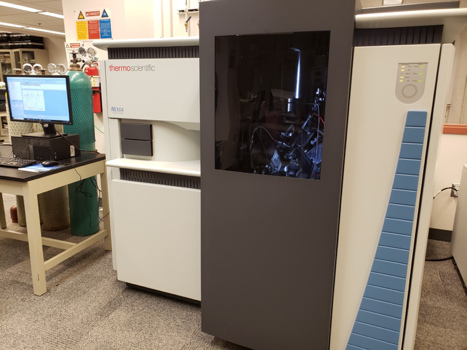X-ray crystallography instrumentation
View by
- Powder and Thin-Film X-Ray Diffraction Facility
- UV-vis and X-ray Photoelectron Spectroscopy Instrument
More instrumentation
Bruker D8 Venture
- Single crystal diffractometer
- Crystals cooled to 100 K
- Molybdenum (Mo) and copper (Cu) microfocus sources
- Photon III CPAD detector
- Bruker APEX4 data reduction/solution package
Bruker D8 Venture documentation
Standard Operating Procedure (SOP)
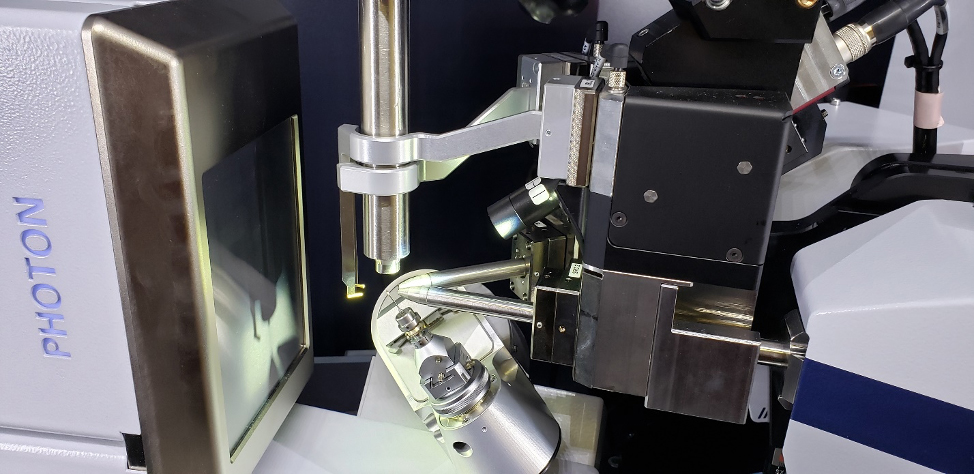
Bruker D2 Phaser
- Theta/theta geometry
- Horizontal sample chamber
- Cu radiation
- X-ray generation 30 kV / 10 mA
- LYNXEYETM detector
Standard Operating Procedure (SOP)
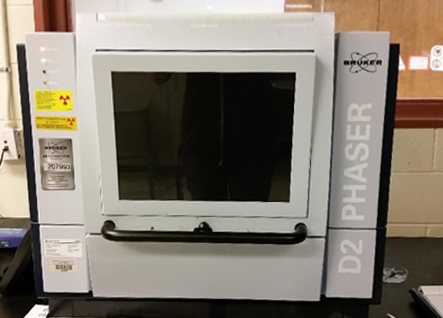
Bruker D8 ADVANCE
- Powder X-ray Diffractometer for nanotechnology and energy research and teaching
- For powder and thin-film samples
- Mo and Cu radiation
- Options for various environmental conditions (TTK 450 stage, XRK 900 stage, Capillary Stage, XYZ stage, Flip-stick stage, battery stage)
Standard Operating Procedures (SOP)
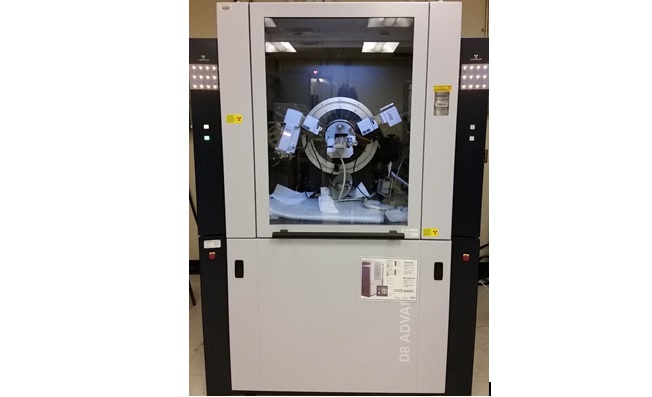
Leica M205 C Stereomicroscope
- For crystal selection and mounting
- The microscope is equipped with a polarizer and rotatable analyzer, transmitted light base, reflective gooseneck illumination and camera
- Magnification range from 3.9x to 160x
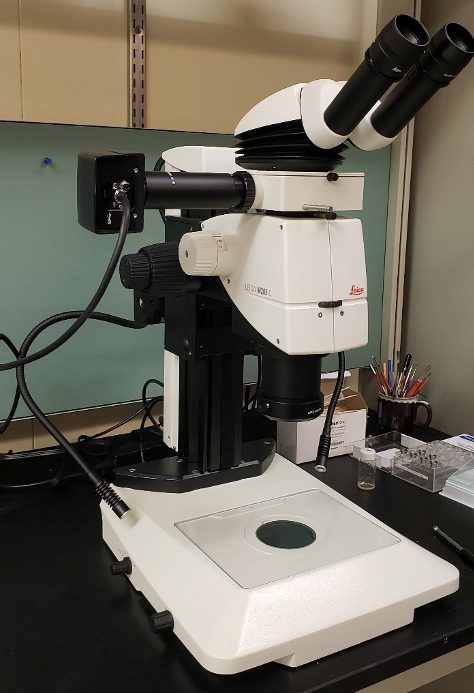
Shimadzu Energy Dispersive X-Ray Fluorescence Spectrometer
- The energy-dispersive x-ray fluorescence (XRF) spectrometer is a non-destructive analytical technique to determine the elemental composition
- Bulk solids, powders, films, and liquid samples can be used. For metals of any form, 100 µm of thickness is needed. For plastics, 3 mm
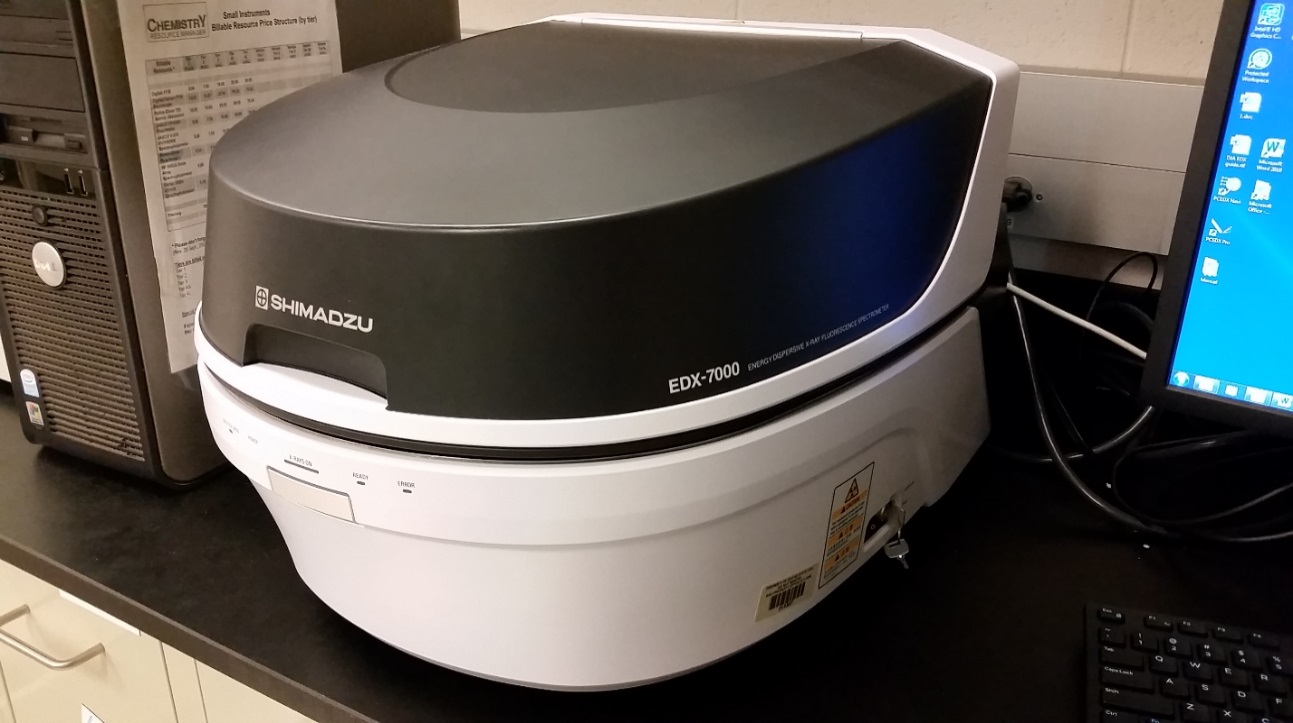
ThermoFisher Scientific NEXSA UV and X-ray Photoelectron Spectrometer
- Al source with quartz crystal
- Spot size 10-400 µm
- HeI and HeII UV lamp with sample bias module
- Monatomic ion source with electron beam energy 500 eV to 4 keV
- Gas cluster ion source with electron beam energy 2 keV to 4 keV
- Ion Scattering Spectroscopy (ISS)
- Raman spectroscopy with 532 nm laser and 5 cm-1 or 2 cm-1 resolution options
Standard Operating Procedures (SOP)
